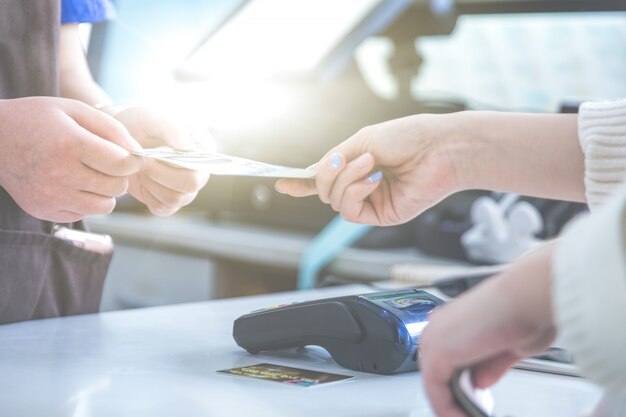
In a recent post, I shared a simple method to calculate your debt’s weighted average interest rate. For example, if you owe $1000 at an interest rate of 6% and another debt of $2000 at 0%, your total debt is $3000 at an average rate of 2%. This rate is crucial because it represents the cost of your debt.
Paying off debt is challenging for everyone. I have a mortgage and some consumer debt, which might be considered “good debt” because I took out those loans for investments, not just purchases. However, I still dislike being in debt and paying interest. I don’t choose to repay my debt faster because I need the money to invest and achieve financial independence more quickly. Nonetheless, I aim to pay the minimum amount of interest possible.
To lower your debt payments, you can either reduce the principal amount, lower the interest rate, or both.
### Reducing Principal Payments on Your Debt
Reducing the principal can extend the repayment period unless you manage a 0% balance transfer. I took such a transfer this summer and won’t have to pay the principal until next June. Every month, I pay 1% of the balance, but I will need to pay a lump sum or find another 0% transfer by June to avoid high interest.
A 0% balance transfer is beneficial if you are confident about repaying the debt by the end date or if you can transfer to another 0% card. Besides a small fee (around 3-4%), all payments will go towards reducing the principal.
### Debt Consolidation
With debt consolidation, one company buys all your different credits, leaving you with just one monthly payment and a single interest rate. This process can be lengthy and costly. Before opting for debt consolidation, do your homework. Calculate the weighted average interest rate on your debt to ensure you’re getting a better rate. Usually, the consolidated payments are lower, so consider making extra payments to repay faster.
### Reducing the Interest Rate on Your Debt
Here are some options:
#### Refinancing Your Mortgage
I used to have a mortgage at 2.94% with a 25% down payment, which was already low. Out of curiosity, I checked my bank’s current offerings and found a refinance option at 2.29% with just a $150 fee. The process was hassle-free, and I quickly recouped the fee. Had I not checked, I’d still be paying the higher rate. Be proactive! Your bank won’t necessarily offer you the best rate unless you ask.
#### Paying Debt Faster
Making extra payments on your mortgage and other debts shortens the loan term and reduces the interest you pay. Various online calculators can show how much you can save by adding an extra $50 to your monthly payment. The savings can be significant, providing great motivation to repay early. However, don’t overextend yourself to the point where you might end up using a 19% interest credit card to cover month-end expenses.
Put any extra money, like freelance income or savings from deals, toward your debt. You’ll be surprised at how quickly it decreases.
#### Taking a Secured Loan Against Your House
If you have equity in your home, your bank might offer a loan secured against it. This is risky because failing to repay can lead to foreclosure, unlike unsecured credit card debt. Only consider this if you are absolutely certain you can make the payments on time. The interest rate on a secured loan is generally lower than on credit cards.
#### Finding Other Sources of Lending
Sometimes borrowing from family can be a good option. For instance, my mom lends me money at 4% interest, compared to her 2% savings account rate. We don’t have fees or strict terms, and I pay her back with interest afterward. However, borrowing from family can be risky if you don’t repay, as it may harm relationships.
#### Peer-to-Peer Lending
In peer-to-peer lending, you borrow from individuals instead of banks. The rates are generally lower than credit cards but higher than typical consumer loans. Depending on your credit score, you might get a better offer on the loan amount and rate. Look for reliable peer-to-peer lending sites and avoid any that ask for upfront payments.
### Bankruptcy
If you can’t make your monthly payments and have no other solution, bankruptcy might be your last resort. Seek advice first from a Citizen Bureau or a debt agency; many offer free counseling. Bankruptcy will severely impact your credit score, making it hard to borrow money for years. During the process, your lenders might agree to lower payment amounts, and interest on your debt could be frozen. Based on your income and expenses, a monthly repayment amount will be set, which might be deducted directly from your salary. Only consider bankruptcy if you have no other choice.
So, how do you reduce your debt payments?